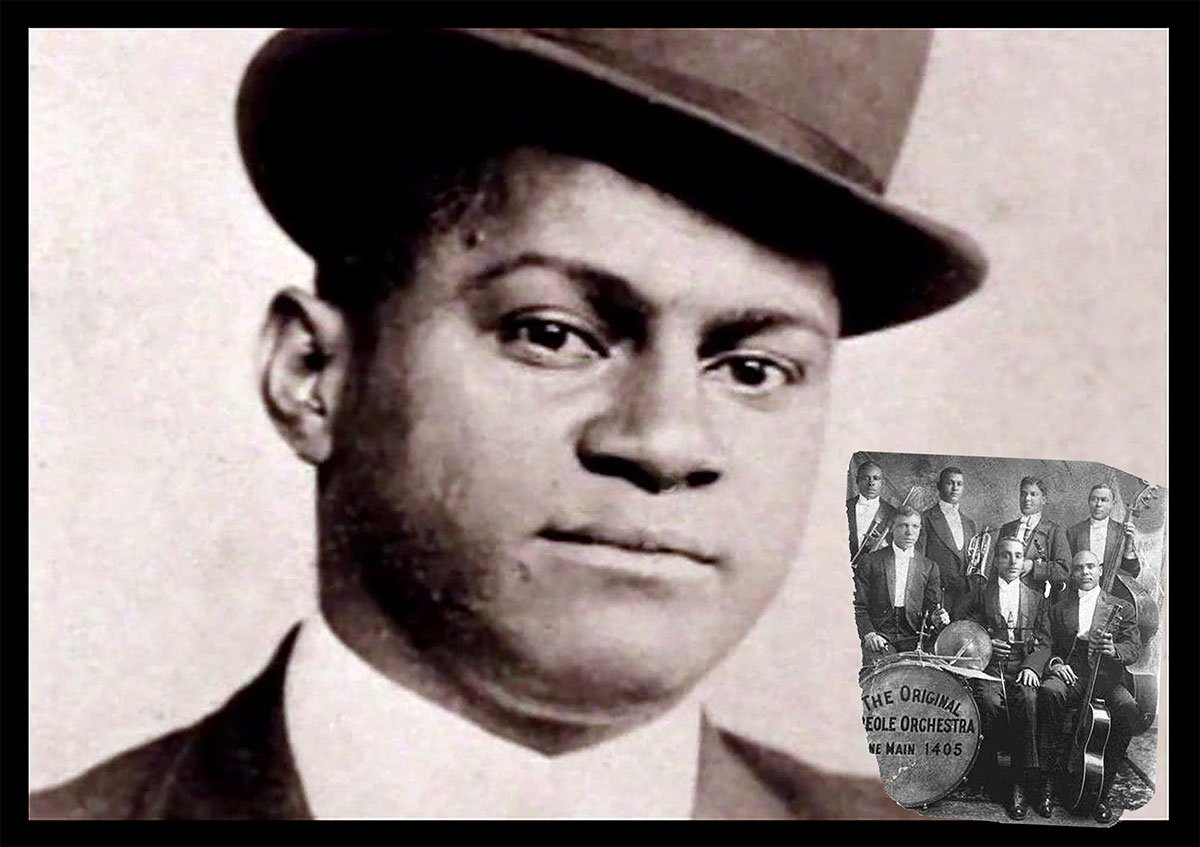Passing on Notes: The Tale of Freddie Keppard
I have a live stream with the 52 Cues Community each Tuesday. This was on my mind recently. If you’d like to catch the live stream or watch the archive, join the free community!
Freddie Keppard
I’m a Music Historian. I specialize in American Roots Music from the early 1800’s to 1955. In that incredibly innovative musical time, there are so many people—and so many stories—that are simply incredible. Some are outrageous success stories. Some are tragic stories of personal and professional failures. And a few are stories about missed opportunities, and I want to explore one of these today.
When it comes to jazz, there are names that resonate through the annals of history. Louis Armstrong, Buddy Bolden, and King Oliver are just a few. But today, I want to introduce you to a name that might not be as familiar: Freddie Keppard.
If you're already acquainted with Keppard, you'll know the significance of his story. For those who aren’t, Freddie Keppard might have been the best cornetist to ever live. But the world will never truly know, and here's why.
The Birth of Jazz in New Orleans
Click to enlarge
In the early days of jazz, back in New Orleans, cornetists were the stars. This was largely due to a surplus of instruments after the Spanish American War. But the roots of jazz go deeper than just an abundance of brass. During the slavery era, New Orleans was unique; enslaved Africans had a few more opportunities to preserve their cultures than in most places in the south. In New Orleans’ Congo Square, slaves gathered on Sunday afternoons. Here, they'd play the folk music of their homelands, dance, discuss religious beliefs, and trade with each other. This melting pot of cultures and sounds laid the foundation for what would become jazz.
When the war ended, there was a sudden influx of brass instruments. These instruments, previously used for bugle calls in the war, found their way into the hands of these improvisational musicians. By the 1890s, what started as blues on guitars of former slaves began to develop into was called “jass” music, and by 1917, what we now recognize as early jazz began to take shape.
King Freddie Says No
Freddie playing cornet in uniform
Before the age of recording, Buddy Bolden was the reigning king of cornets. But he was just a tad too early to be recorded. Then came Freddie Keppard, followed by King Oliver, who did get recorded and later mentored Louis Armstrong.
Freddie Keppard was a superstar. Those who heard him play, including legends like Sidney Bechet, were in awe of his talent. His tone was pure, his musicality unparalleled. He was the first cornetist to be dubbed "King." Yet, when it came to recording, it wasn't Keppard's name that made history, but The Original Dixieland Jazz Band.
In 1915, The Victor Talking Machine Company, which later became RCA, approached Keppard's band, the Original Creole Orchestra, with an opportunity. Victor wanted to capture this new musical style! But Freddie declined. The most commonly believed reasoning is that he feared others would copy his style, while others believe it was about compensation. Whatever the reason, Keppard's decision meant that the world lost out on hearing the genius of a man who could have been the first recorded jazz cornetist.
The Original Dixieland Jazz Band
Instead, the first jazz music ever recorded was in 1917 by the Original Dixieland Jazz Band—a group of white musicians who developed their sound alongside the “hot jazz” stylings of The Original Creole Orchestra, Buddy Bolden, Freddie Keppard, and Joe “King” Oliver. The ODJB’s leader, Nick LaRocca, claimed—among other wild boasts—that he "invented" jazz. This claim is, of course, false—and much of what Nick Larocca based his career around is riddled with inaccuracies.
Even today, 109 years later, I’m impacted by the historical heaviness of the decision Keppard made—a decision where he got in his own way.
Click to enlarge | Advertisement for ODJB’s first record.
“Livery Stable Blues” - Original Dixieland Jazz Band (February 26, 1917)
“Dippermouth Blues” - King Oliver’s Creole Jazz Band (April 16, 1923)
Getting In Our Own Way
Me and my dad in 2011 at a favorite coastal spot
Keppard's story has me thinking about the barriers we set for ourselves. My father, whom I lost three years ago, and still love and miss unbelievably, was a brilliant man. Yet, he often got in his own way. Whether he was paralyzed by a multitude of potential outcomes, or by some requirement that may or may not have been a prerequisite for him obtaining what he wanted, he would often talk himself out of taking advantage of an opportunity. I am a lot like my dad, and I find myself creating obstacles where none exist.
We are all prolific creators! Our minds are powerful, and what turns into reality always begins in our thoughts. When this creative superpower is used to construct obstacles that aren’t real, we then cheat ourselves from a future where our biggest dreams and aspirations have come to pass. Whether this is a form of resistance, a fear of the unknown, or an anticipation of negative outcomes, it's essential to recognize these self-imposed barriers and push past them.
I honor Freddie Keppard's musical legacy, and wow, would I have loved to hear him play! But he is also a regretful reminder of the opportunities we might miss if we let fear, doubt, or imaginary restrictions dictate our choices. While we can't change the past, we can learn from it. Let's challenge ourselves to overcome the barriers we set and embrace the possibilities that lie ahead.





